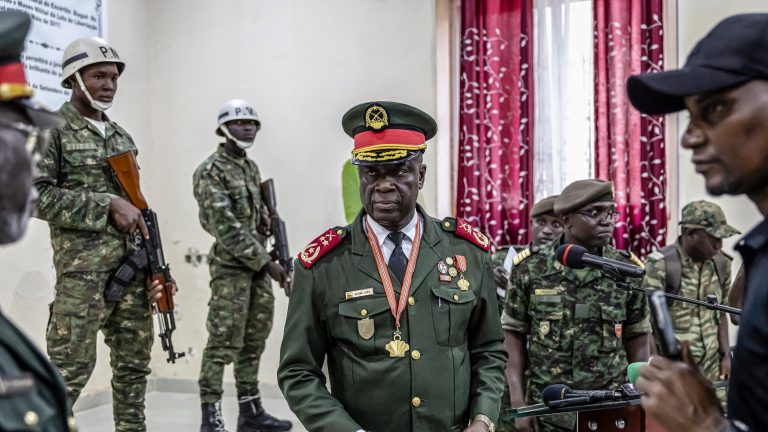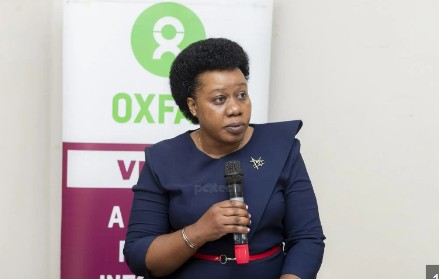In Burkina Faso, Captain Ibrahim Traoré made history as the first person to receive the newly introduced AES passport, just days after Burkina Faso, Niger, and Mali celebrated their official exit from the West African Economic and Monetary Union (ECOWAS).
This symbolic moment comes at a time of significant political and economic shifts in the region. The new AES passport is seen by many as a step towards strengthening unity among the three countries, especially in light of their departure from ECOWAS.
On the streets of Ouagadougou, locals express hope that the AES passport will help combat the spread of misinformation about the region. Many are optimistic that the new travel document will provide a clearer picture of their countries’ capabilities and potential.
Cheik Diallo, a graphic designer in Ouagadougou, shared his thoughts on the importance of the AES passport in changing perceptions:
“Well, generally elsewhere, bad information is spread, and people think that the AES doesn’t work, whereas traveling with it shows that AES is not what’s being portrayed with negative images. And the proof is, we’re traveling, doing business. I can’t imagine being in AES and still using an ECOWAS passport.”
The AES passport, which is now being produced at the migration division in Ouagadougou, is seen by many as a tool that could simplify travel and foster deeper connections between the three nations. The passport’s production became operational at the beginning of the week, marking a key step in the implementation of the AES framework.
Source: Africanews.com



